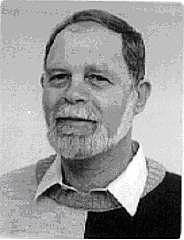Toury was among the most pioneering scholars, alongwith Eugene Nida, that converted translation into an object of scientific study, and into a discipline in its own right, deserving of rigorous research. His publications and his participation in international academic events made him an influential figure. Together with José Lambert, he founded Target, which became one of the leading journals in translation studies.
Among his most important contributions is the study of translation from a descriptive perspective, examining the processes, functions and products of translation in the context of the target culture. This contrasts with previous prescriptive approaches that tended to criticise individual translations which did not “faithfully” render the “original” texts.
Descriptive Translation Studies (DTS) soon became influential internationally and was especially popular in cultures with minority languages that are greatly influenced by dominant cultural contexts around them, and where translation is often used to fill certain gaps.
Maybe the most important notion associated with Toury is that of translation norms, which are not guidelines to be followed, but the description of regularities that can be observed in translated texts. He examined this idea in In Search of a Theory of Translation (1980), and later reformulated it in Descriptive Translation Studies – and Beyond (1995, revised edition 2012). As the title suggests, there is much beyond descriptive translation studies. Some writers have tried to further universalise translation norms. Others have sought to create dialogues with cultural studies and poststructuralism. The importance of Toury’s legacy lies precisely in its enduring applicability and influence so many years after it was first pioneered.
- Congresos híbridos en tiempos cambiantes: 7º congreso IATIS - 10.11.2021
- Merlí in Mandarin. Fansubbing in China - 25.07.2018
- Escrius o tradueixes? - 14.02.2018









